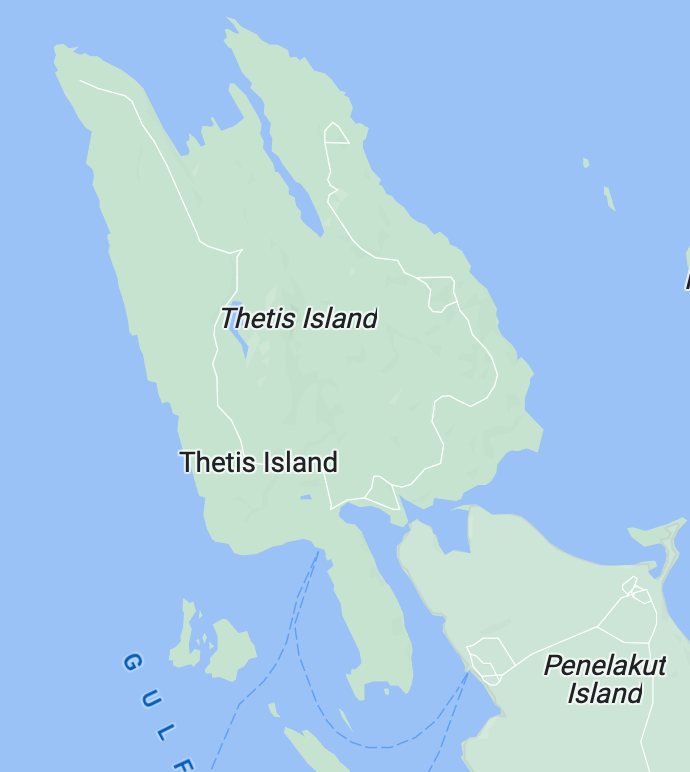Mosquito Update Spring 2024
 Monday, March 25, 2024 at 8:06AM
Monday, March 25, 2024 at 8:06AM Although not a TIRRA mandate to manage the mosquitos on Thetis Island, the issue continues to be raised at TIRRA meetings.
As discussed at the TIRRA AGM is on Sunday March 24th, it is felt to be timely to provide an update.
Big shout out to 2024 Mosquito Squad (You know who you are!): for making repairs on the drainage and flapper valve at the slough (Marina Road and Pilkey Point). They have stepped up on behalf of the Community and we owe them much appreciation. Repairs were done with minimal costs, but a lot of time and labour. Thank you all!
The slough is certainly not the only location where mosquitos find breeding habitats, although it may be a source of those small aggressive saltwater mosquitos which were prevalent since the drainage system failure. With the number of mosquitos laying eggs last year (yuck) and the warm spells coming earlier (like last week's beautiful weather), it is a sad reality that we need each property owner to consider their standing water, ponds, buckets, old tires, fountains and pots.....the eggs are lurking, waiting for us to be complacent and hope the slough was the problem.
If you search "mosquito" on the Thetis blog, you will see lots of discussions over many years. This is not a new problem.
Thetis Island former resident, Roy Pickford (Entomologist), wrote an article for the Quarterly in 2003:
A few key quotes from Roy's article:
- Destroy common mosquito breeding sites around your home. Anything that can hold water is a potential development site - an inch depth of water could, in theory, produce 1000 mosquitoes a week.
- One of the first things an entomologist considers when investigating any insect is its life cycle. Elementary perhaps, but you would be surprised at the number of persons I have met who really believe that mozzies emerge from the grass. Eggs are laid in or near water, and after hatching into a tiny wormlike larva (often quite difficult to see) will moult about four times into a crescent shaped pupa from which the adult mosquito will emerge.
-The time spent in the larval stage may vary substantially depending on the temperature of the water ; if shallow and very warm several days is sufficient, whereas in colder conditions it may take a week or two.
- It therefore becomes obvious that control must be accomplished during the water phase and not when these insects are flying. One of the most useful things to do is to check your property for anything that might hold water such as garden buckets, rain barrels, bird baths, old tires, eavestroughs and even hunks of plastic.
So please do your part and watch for standing water in "vessels" on your property.
And join us in thanking the mosquito squad for their work this spring.
Wendy Hinsperger,
Past President TIRRA









